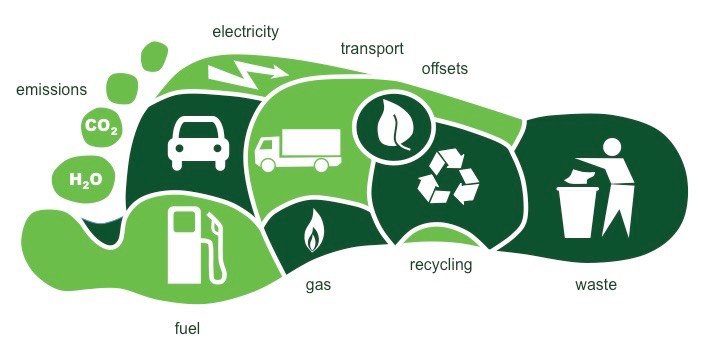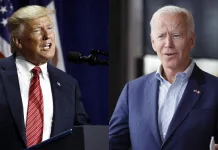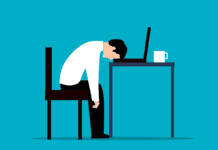Climate change has recently been at the forefront of the public agenda, inviting the mass scrutiny of human activities that have been taken for granted. It has become abundantly clear that humanity is the perpetrator of the change. We are also the only ones who can stop it.
Stop using fossil fuels! Use renewable energy! Use plastic alternatives!
It seems there is no shortage of solutions. All one must do is change every aspect of their current lifestyle, committing to a simpler one, void of the necessary technologies of the modern world. An alternative perspective pushes the blame on larger companies and governments, arguing that the individual can do little to impede climate change on its massive scale. Many citizens expect these larger entities to solve the problem while the same entities skirt responsibility.
If climate change is to be mitigated, we must understand that individuals, companies, and governments need to share the responsibility. No group is willing to make the necessary sacrifices, which can be manageable with cooperation. The most helpful thing you can do is be educated on climate change, its causes, and its consequences. By being conscious of this, you can evaluate the changes you are willing to make and hold others accountable for their share in the effort.
It is true that without the cooperation of governments, the average citizen can make little impact. However, citizens have the collective power to shape the government through elections. By voting for representatives based on environmental policies, you can instil environmental response plans as a requirement for future governors to succeed. If governments believe they will not have the people’s support without being climate-conscious, they will sooner strive for change.
We need not abandon our ways, but be sparing in them.
Large carbon-emitting companies like those in the fossil fuel industry are enabled by the average person’s demand for their product. Shutting these industries down is not feasible in the modern world, nor could you alone accomplish this. What you can do is shift demand toward green alternatives. As it stands, these options can be less convenient and more expensive. The more people invest in green alternatives, the cheaper and more accessible they will become, and the demand for products with significant carbon footprints will decrease.
You are not expected to abandon using these products entirely, but you should use alternatives when you can. Every use of public transport or purchase of plastic alternatives encourages these practices to be the norm. Investing in solar energy may not be affordable for some, but those who can make the investment will see personal returns (i.e. cheaper energy) in addition to promoting environmental action. Those who cannot still advocate for its use. Try to support companies making a real effort to combat climate change and lessen their carbon footprint. Companies need to believe citizens want green adaptations before they achieve them.
Another popular notion is that we must go vegan to slow climate change. This would help, but it is not a fair assessment. The production of plant products produces a large carbon footprint of its own. By being more selective of the products and foods we choose, we can lessen the footprint of our consumption without abandoning anything entirely.
Beef is by far the most harmful food we consume for the environment. The mere presence of the cattle population produces a significant portion of carbon emissions. The land cleared to support cattle and the emissions associated with raising them and transporting their products only adds to the matter. You need not stop eating beef entirely, but the demand for the meat must lower. Balancing meat as a smaller part of your diet or eating other meats when you can help.
We must cooperate with companies and governments to insight change. Hold officials accountable and help to shift demand toward green products. Small actions you make now will push humanity to adopt a climate-conscious lifestyle.








